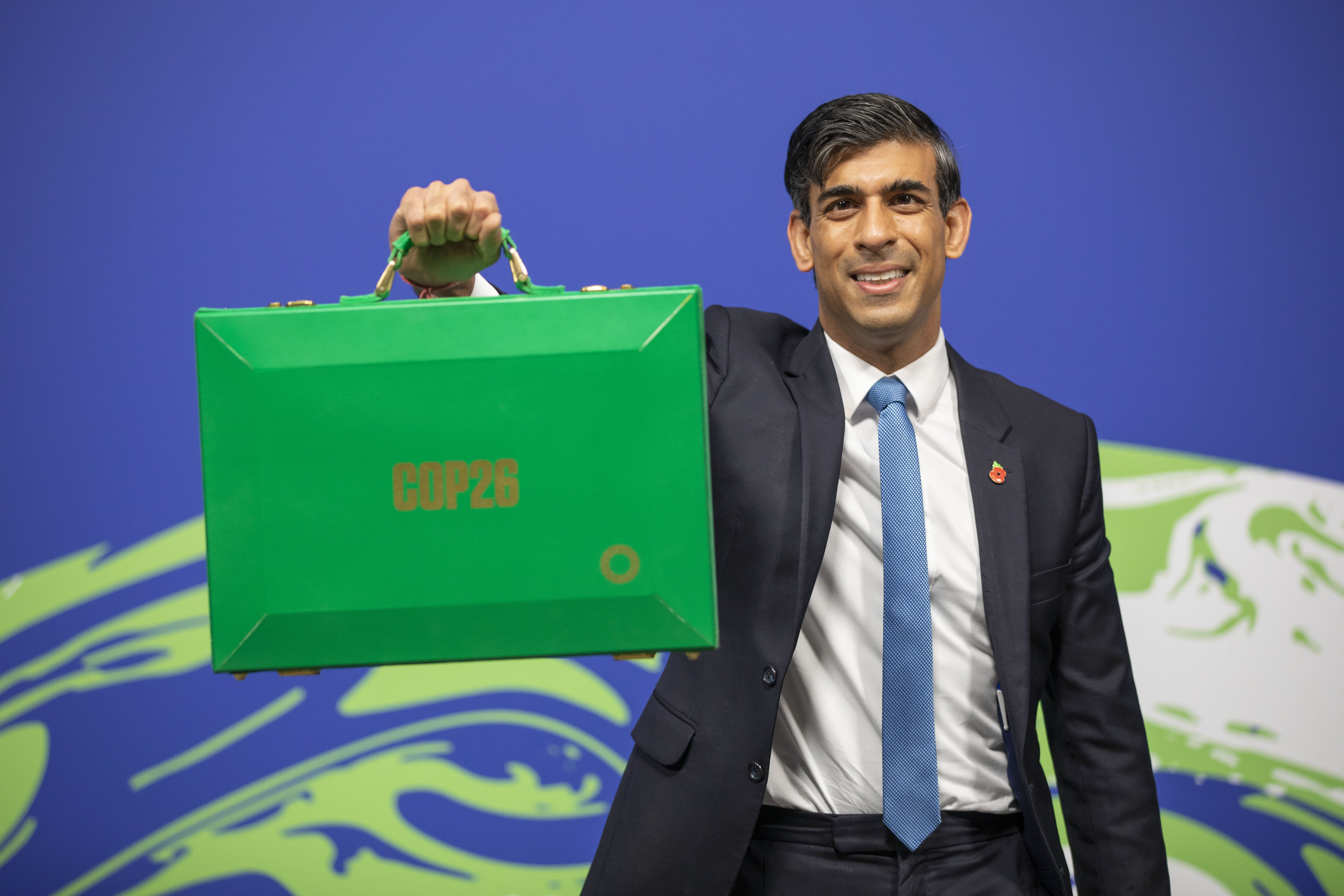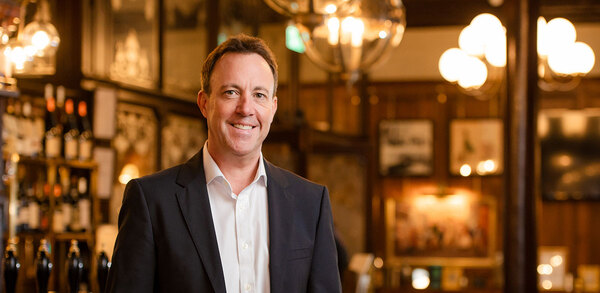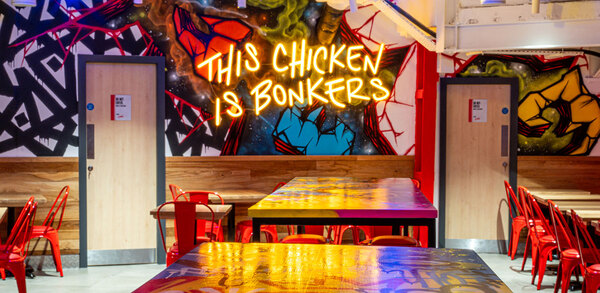Hospitality welcomes government decision to make listed companies publish net zero transition plans
Hospitality businesses have welcomed government plans to make listed companies publish net zero transition plans, announced by the chancellor earlier this week at COP26 in Glasgow.
Claire Hussey, risk and compliance director for Fridays and 63rd+1st, said the decision was “hugely positive” and would “drive engagement and ensure compliance which otherwise might not happen”.
Rishi Sunak (pictured) confirmed that initially this will require asset managers, regulated asset owners and listed companies to publish transition plans that consider the government's net zero commitment or provide an explanation if they have not done so.
As standards for transition plans emerge, the government will strengthen requirements to encourage consistency and increased adoption by 2023 and intends to legislate to deliver this.
It was clarified that making firm-level net zero commitments will not be mandatory and that firms and their shareholders will be able to decide how their business adapts, including how they plan to decarbonise and what their targets will be.
Premier Inn owner Whitbread also supported the news. As a signatory of the Race to Zero, the company has set net zero carbon targets for 2040, as well as a stretching Scope 3 target to reduce supply chain emissions by 50% by 2035 and 64% by 2050.
“We are already working hard to put these commitments into action. We have a clear plan to get to net zero and are working through this now, aiming to meet our 1.5 degrees aligned interim targets, which will involve trialling new electric technology across our estate and continuing our commitment to buy 100% renewable electricity,” a spokesperson told The Caterer.
“Transparent reporting across organisations and financial institutions alike will not only ensure recognition of the issues and key barriers we face, but will provide good opportunities for collaboration where these barriers are shared and encourage shared learnings within and across industry. We look forward to reviewing the science based ‘gold standard’ for transition plans when they are published and aligning our reporting with them.”
Last year, IHG Hotels & Resorts' carbon reduction targets for 2030 were approved by the Science-Based Targets initiative, committing it to a total 15% reduction in carbon emissions from its owned, leased and managed estate, and a 46% reduction in emissions per metre squared across its franchised estate.
“One company cannot tackle the climate emergency alone and we need governments to support the change we want to see,” said Catherine Dolton, chief sustainability officer at IHG, which has a brand portfolio including Holiday Inn, InterContinental, Kimpton, Hotel Indigo and Voco.
“We therefore welcome the chancellor’s announcement as it will help to raise the collective ambition of our industry and create greater consistency in how businesses report their ESG data to stakeholders.”
Other listed hospitality businesses include pub and bar businesses like Fuller's, Punch Taverns, Greene King and JD Wetherspoon; restaurant groups including the Restaurant Group, Tortilla and Franco Manca operator Fulham Shore; and travel caterer SSP.
“We welcome greater transparency for listed companies’ net zero transition plans, as we all work together to deliver a 2050 net zero emissions economy. The international food industry has a major role to play in reaching climate net zero and we are committed to playing our part,” added Dominic Blakemore, group chief executive officer of Compass, which recently committed to net zero greenhouse gas emissions across its global operations and value chain by 2050.
He said: “Given the complexity of the food supply chain as it is today, we do not underestimate the scale of the challenge ahead of us. Radical new collaborations are urgently needed across the entire value chain to make it a reality.”
















